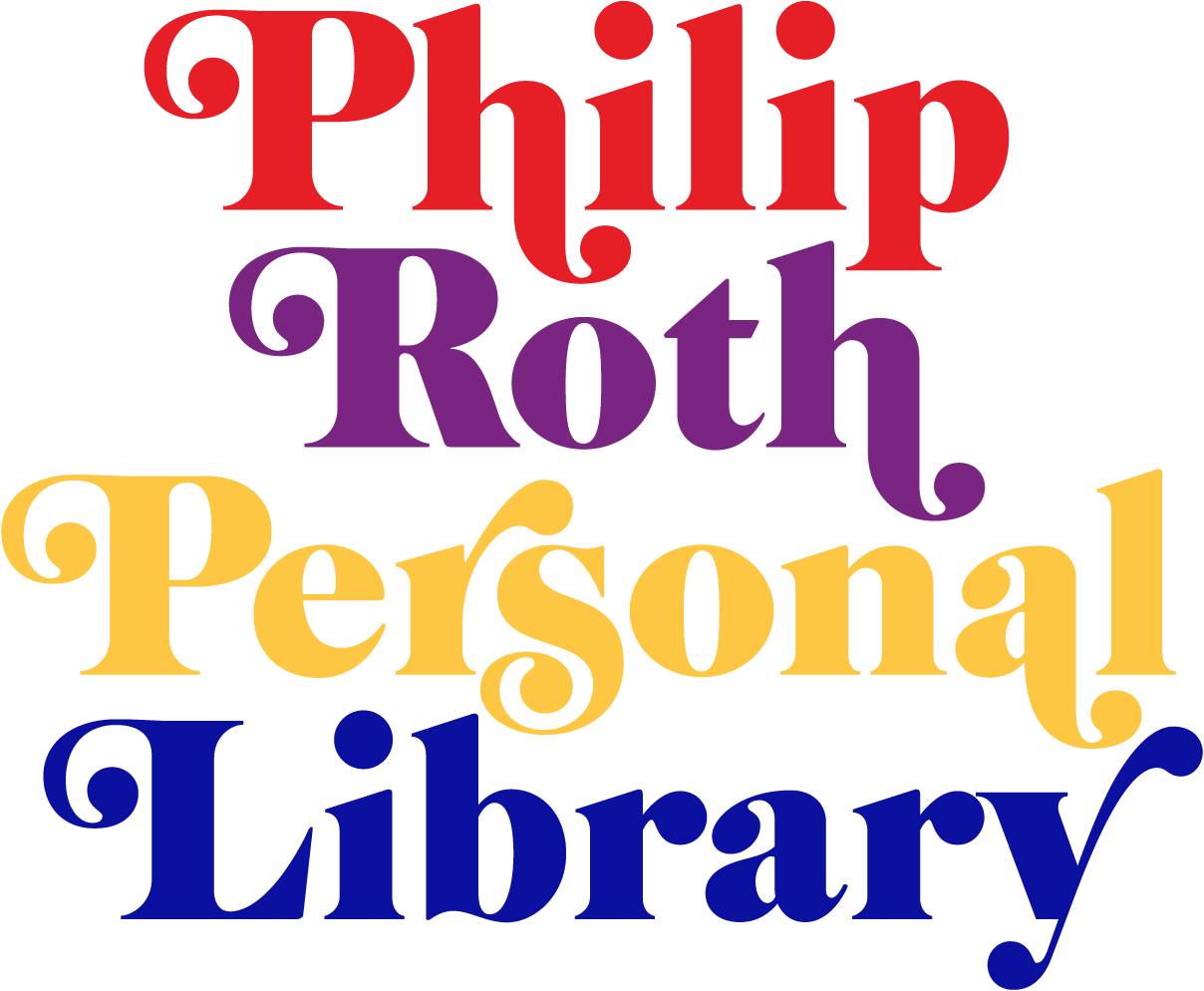Now Get This Straight!
In his 1991 memoir Patrimony, Roth tells of how a father and son kept a lifetime of love and support going despite different perspectives at times that really weren’t that different at all.
One of those stories came after Roth published a piece in an October 1987 New York Times Book Review – the first chapter in his upcoming autobiographical book The Facts—in which he wrote of the antisemitism in the 1930s and 40s that denied Herman Roth a pathway to become a top executive once he became a district manager in his Metropolitan Life Insurance Company.
It did not take long after the book review article for Philip Roth to receive a letter from the Metropolitan Life president and chief executive officer saying a former company officer had contacted him about Roth’s assertion of antisemitism. The president wrote that he let that former colleague know, and now in turn, was informing Roth that some years earlier, he had invited Herman Roth to lunch where Herman made no mention of discrimination in describing his upward path to managing a large district office. The executive added that “if the views he’d once held about the Metropolitan’s religious bias were accurately reported in his son’s autobiography, they had clearly changed since.”
That did it for Philip Roth. “What rankled me and goaded me on,” he writes in Patrimony, “was that they were both determined to blame an unflattering perception of their company on my father, on unsubstantiated ‘attitudes’ and ‘views’ of his rather than on the company’s prior practices.”
Roth began to research with the help of the American Jewish Committee and New York Times articles and wrote the Met Life boss back that as late as the 1960s, the federal government was working to open up executive positions in insurance companies to Jews, Roman Catholics, Black people, and other racial minorities where top jobs could be “reserved for Anglo-Saxon Protestants.” A New York State investigation in 1960 when Herman Roth was still working for Met Life also documented discriminatory practices that still existed in major life insurance companies, Roth wrote in his letter.
What surprised Roth was that when he gave a copy of his letter to his father, Herman didn’t question that it was true, but spoke of his company being good to him giving him a good pension, and told his son not to write any more letters.
“Well, this was new – my father expressing chagrin over something I had written,” Roth writes. “In my Zuckerman novels, I had given Nathan Zuckerman a father who could not stand his writer son’s depiction of Jewish characters, whereas fate had given me a fiercely loyal and devoted father who had never found a thing in my books to criticize – what enraged him were the Jews who attacked my books as anti-Semitic and self-hating. No, what made my father nervous wasn’t what I wrote about Jews but, as it turned out, what I had now written about Gentiles –about Gentiles to Gentiles, and to Gentiles who had been his bosses.”
And yet, when Herman died two years later in October 1989, Roth says his cousin, Ann, told him she and her husband, Peter, had been visiting Herman and he had taken Philip’s letter to the insurance chief out of his files to show it “proudly” to her husband who was Herman’s lawyer.
“To me he never mentioned it again,” Roth writes, “nor did I receive a reply from anyone at the Metropolitan.”
